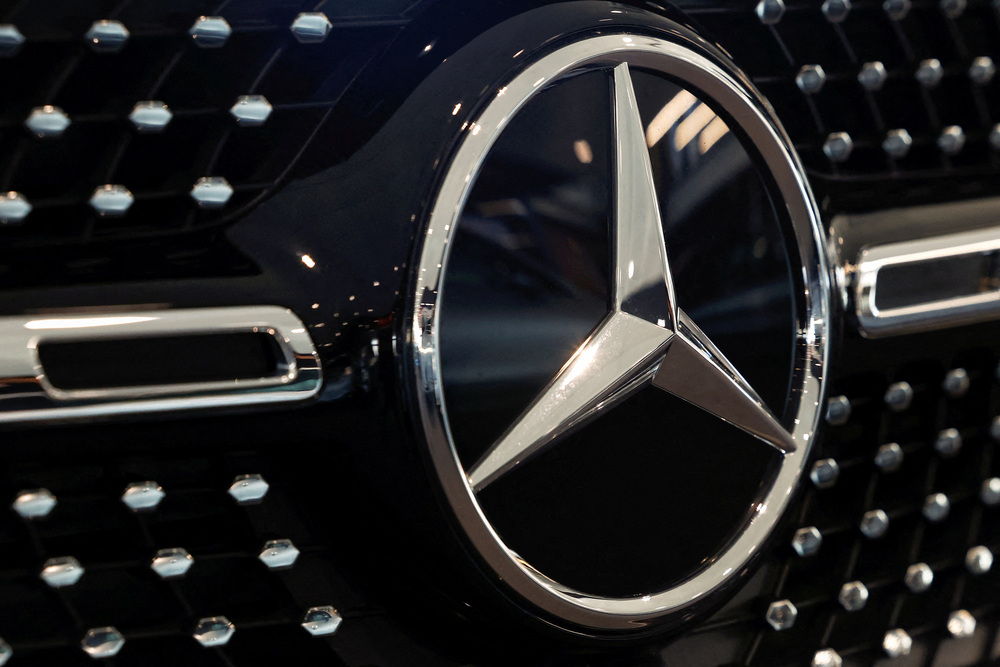Mercedes-Benz is set to develop smart driving vehicles tailored for global markets, integrating lidar sensors from the Chinese company Hesai. This marks a significant milestone as it represents the first instance of a foreign automaker utilizing Chinese-made lidar technology for models intended for sale outside of China.
This collaboration emerges amid rising trade tensions, particularly as the United States intensifies efforts to limit the incorporation of Chinese components in vehicles produced by international manufacturers. The decision by Mercedes-Benz came after extensive deliberation over several months, during which the company assessed the legal and geopolitical risks associated with such a partnership. A source familiar with the matter, who preferred to remain anonymous due to the sensitive nature of the discussions, indicated that Mercedes ultimately opted for Hesai—China's leading lidar manufacturer—because of its competitive pricing and capacity for large-scale production.
While Mercedes-Benz refrains from commenting on speculation regarding new suppliers, Hesai has confirmed that it has secured an "exclusive multi-year" agreement with an undisclosed European original equipment manufacturer (OEM) to provide its ultra-long-range lidar technology. This partnership will encompass a wide range of models, including traditional fuel vehicles and new energy vehicles, and is expected to run until 2030.
Li Yifan, co-founder and CEO of Hesai, emphasized that this long-term collaboration not only highlights the high performance and exceptional quality of Hesai's products but also serves as a testament to the company's capabilities in meeting the rigorous standards of leading global automotive manufacturers. This development occurs against a backdrop of increasing trade friction as the U.S. government pushes to restrict the integration of Chinese components and software in vehicles produced by global automakers, while German manufacturers, vital to the struggling German economy, aim to remain competitive.
Hesai is proactively expanding its manufacturing capabilities to meet the surging demand for lidar technology. The company is enhancing two production lines in China, with plans to boost its annual production capacity to over two million units within the year. Additionally, Hesai is exploring the establishment of production facilities overseas, with ambitions to launch these operations as early as next year to address concerns from its international clients regarding tariffs and logistics. However, the specific locations for these overseas factories have yet to be disclosed.
The competitive landscape in the Chinese automotive market is driving an uptick in demand for lidar technology, as more manufacturers incorporate advanced smart features into affordable vehicle models. For instance, Leapmotor recently began selling its B10 SUV, equipped with sophisticated smart driving capabilities, starting at $17,950. This vehicle features Hesai's ATX lidar, which costs approximately $200 each—significantly more affordable than traditional safety components like seatbelts and airbags, according to Fan.
Zainab Y.
Also on site :
- Exclusive look at the making of High NA, ASML’s new $400 million chipmaking colossus
- Microsoft bars employees from using words ‘Palestine,’ ‘Gaza’ and ‘genocide’ in internal emails: report
- OpenAI, Oracle, NVIDIA, SoftBank Group and Cisco partner for Stargate UAE AI campus

